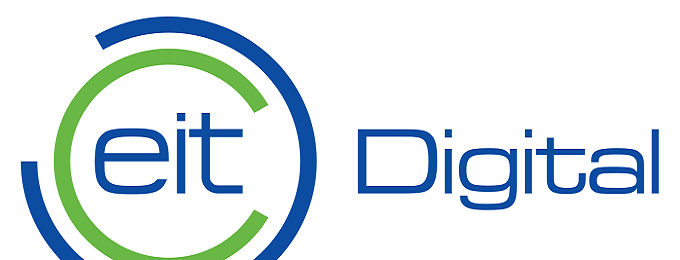Basic digital skills – owned by only 44% of Europeans – “will affect 90% of jobs after 2020” says Mariya Gabriel, Commissioner for Digital Economy and Society, making the European Union (EU) a worldwide latecomer regarding its responsiveness to challenges brought by digital transformation on the active population. The ‘Teaching and Learning’ field is no exception to the rule, in light of the increasing reliance of teachers in digital tools all over European classrooms. In practice, digital upskilling i.e. to improve on one’s already-owned digital skills is not necessarily integrated in all EU Member States’ (MS) teachers-training curricula. Adapting the national compulsory-teaching frameworks to foster digital skills falls within the realm of the Member States’ competences, which is the reason why so far, no EU framework exists. Nevertheless, the “ICT in education” report proposes to develop such (see SwissCore article). In addition, several tools are at disposal through Erasmus+ to share best practices, as well as to enhance the professional development of teachers in ICT, e.g. platforms such as eTwinning (not accessible for Swiss schools) and the School Education Gateway, including its Teacher Academy. Erasmus+ also funds bottom-up collaborative projects (so-called Key Action 2 projects) that teachers can use to work transnationally on digital skills questions and pedagogies adapted to the use of ICT. The European Commission (EC) has also developed a framework (DigCompEdu) with which teachers can assess their skills levels. In addition, last October, the EC launched a self-reflection tool for school (SELFIE) to help teachers – together with school leaders – to reflect and improve how their schools foster teachers’ and learners’ digital skills as well as the engagement with new pedagogies. On top, the EU research programme Horizon 2020 (H2020) funds courses targeting teachers’ digital skills e.g. via the recently selected CONCORDIA project. In the context of its participation to the H2020-funded project, the EIT Digital Professional School has announced the creation of meta-courses on cyber-security, targeted to teachers at compulsory school levels. The courses will build on the EIT Digital Academy’s Digital professional schools on cybersecurity, a programme currently offered by the institute targeted at other professions. In the bigger picture, CONCORDIA aims at consolidating a larger cybersecurity ecosystem. Noteworthy is that Switzerland will engage in CONCORDIA via the participation of the University of Zurich (UZH). The UZH will inter alia provide its expertise on “blockchains, Internet of Things (IoT), and economic management for network access services and application services.”

